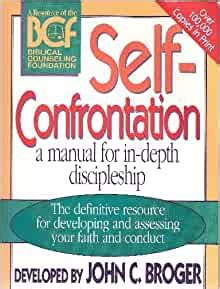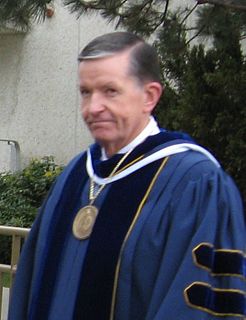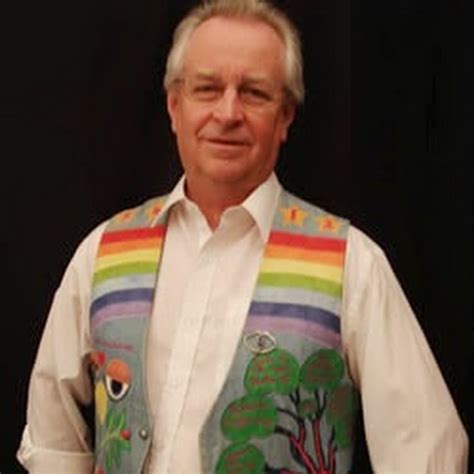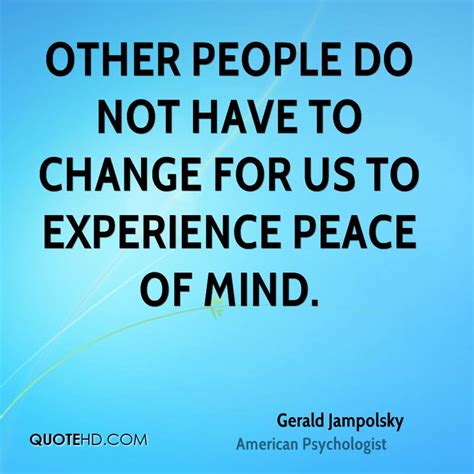A Quote by Lee Strobel
Few things accelerate the peace process as much as humbly admitting our own wrongdoing and asking forgiveness.
Quote Topics
Related Quotes
Apology is often the first step in correcting a wrong. Having moved for a position of saying 'I don't need forgiveness,' Mr. Trump is now taking a second look at past behaviors, things that he's said and done that he regrets. While he is not asking for forgiveness for being human, he is admitting that he's made mistakes and humbly making apologies.
Finding a way to extend forgiveness to ourselves is one of our most essential tasks. Just as others have been caught in suffering, so have we. If we look honestly at our life, we can see the sorrows and pain that have led to our own wrongdoing. In this we can finally extend forgiveness to ourselves; we can hold the pain we have caused in compassion. Without such mercy, we will live our own life in exile.
We may have much that worries us, and we may find many reasons to be concerned. Yet, as President Spencer W. Kimball observed, peace and the Savior's doctrine of forgiveness are inseparably connected: The essence of forgiveness is that it brings peace to the previously anxious, restless, frustrated, perhaps tormented soul.
Forgiveness does not mean that we suppress anger; forgiveness means that we have asked for a miracle: the ability to see through mistakes that someone has made to the truth that lies in all of our hearts. Forgiveness is not always easy. At times, it feels more painful than the wound we suffered, to forgive the one that inflicted it. And yet, there is no peace without forgiveness. Attack thoughts towards others are attack thoughts towards ourselves. The first step in forgiveness is the willingness to forgive.
Without inner peace, outer peace is impossible. We all wish for world peace, but world peace will never be acheived unless we first establish peace within our own minds. We can send so-called 'peacekeeping forces' into areas of conflict, but peace cannot be oppossed from the outside with guns. Only by creating peace within our own mind and helping others to do the same can we hope to achieve peace in this world.
If you stay in the mainstream of life, in other words, you let in the suffering of the world that invariably enters all of our lives by the time we're in our middle years, when we've experienced a few deaths and read a few headlines. Famine, poverty, abuse, you can't keep that all blocked out. If you let those things teach you, influence you, change you, those are the events that transition you without you even knowing it to become more compassionate. In other words, you hold onto your values, but you do it much more inclusively, humbly and in an open ended way. Suffering takes you there.


































